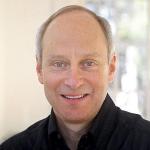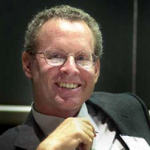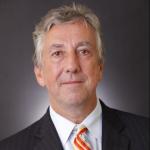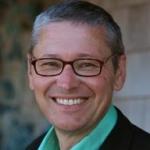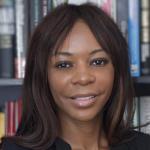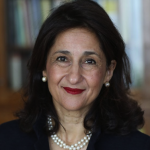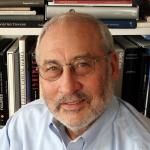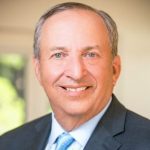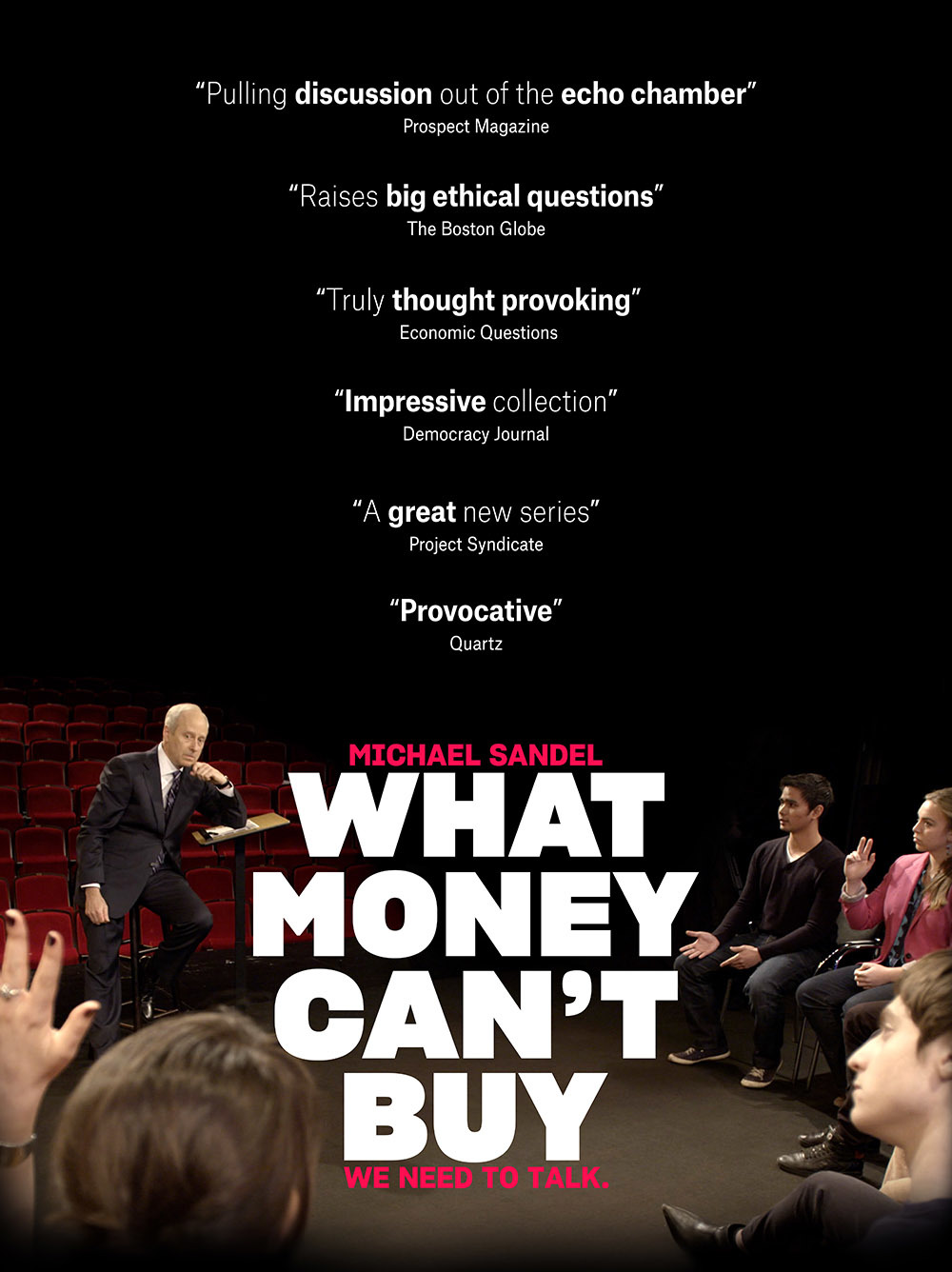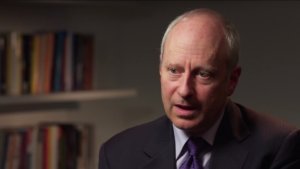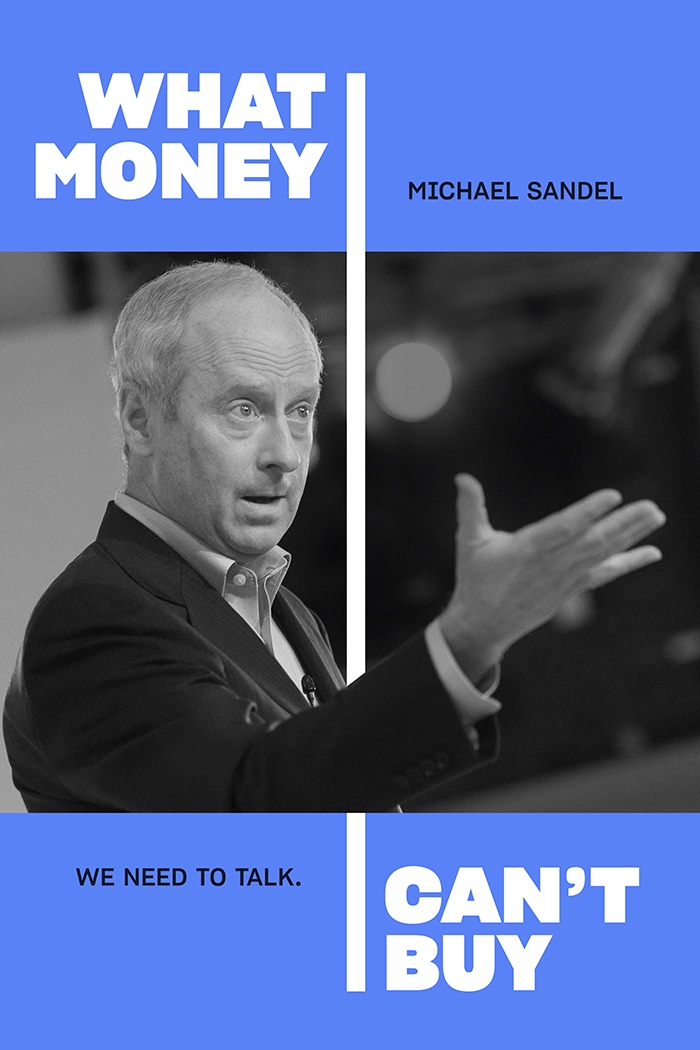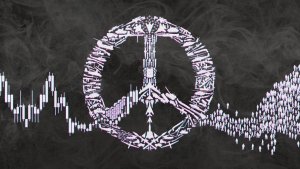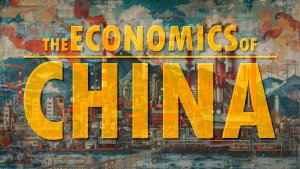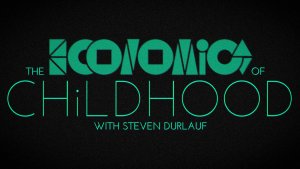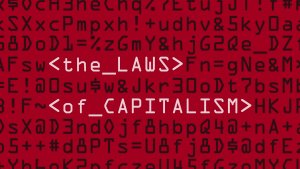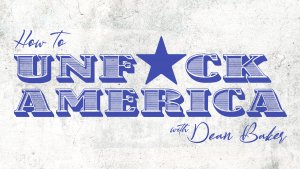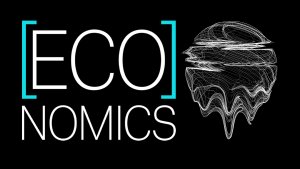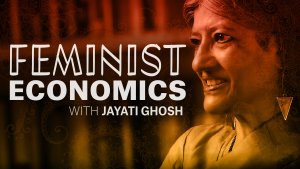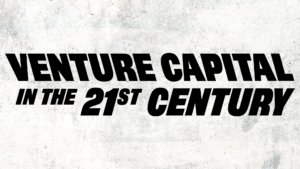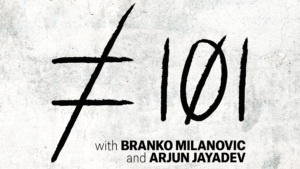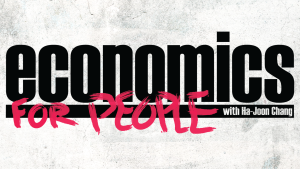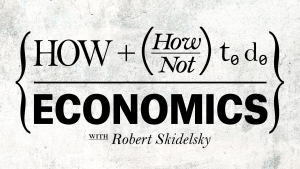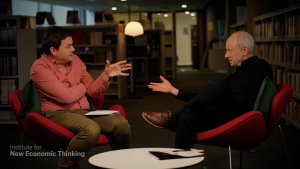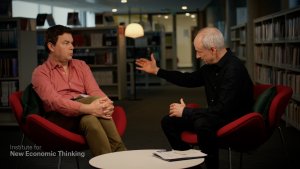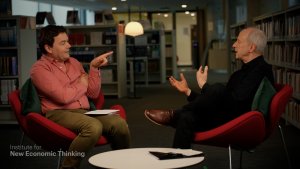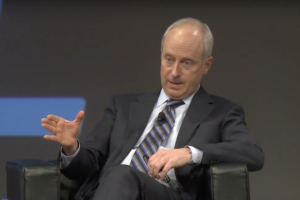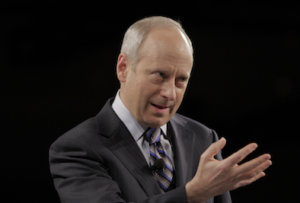Register for the Expanded Harvard Course on edX
Watch Full Episodes Below
Should you be able to sell your kidney? Should we auction off the right to immigrate? What about paying people to vote? Is there anything wrong with profiting from a stranger’s death? What about scalping tickets to a rock concert — or to a doctor’s appointment?
Harvard Professor
Michael Sandel leads twelve exceptional college students from around the world in asking where markets serve the public good, and where they don’t belong. Sandel and his students look at different types of markets—from selling kidneys to selling votes—to better understand a society in which everything, it seems, is for sale. Insights from Joseph Stiglitz, Larry Summers, Minouche Shafik, Greg Mankiw, Dambisa Moyo, Richard Posner, and Robert Barro feature in the debates, which are alternately heated and humorous.
In six original episodes we explore what kind of society we truly are, and begin to define what kind of society we hope to be.
Sex Sells, But Should It?
Are there legitimate grounds for discrimination in the business world? This episode explores the hiring practices of Abercrombie & Fitch, Hooters, and even OBGYNs. Is it okay to hire attractive sales clerks and flight attendants, or is "lookism" comparable to racism and sexism. Larry Summers thinks our workplace must reflect society's commitment to civil rights, but has no problem with "the Boston Celtics hiring tall people." Robert Barro goes further, suggesting that physical attractiveness, like intelligence, is a legitimate basis for discrimination.
The Body Market
Should you be able to sell your organs, or sell your body for sex? “The Body Market” explores the markets for selling your body parts and potentially your dignity. The director of the London School of economics Dame Minouche Shafik doesn’t think there is a fixed amount of altruism in people. Will a kidney market save more lives, or will it crowd out the idea of altruism, donation, and community? Nobel Laureate Joe Stiglitz and Harvard economics chair Greg Mankiw seem to disagree.
The Walrus Quota
Market mechanisms may be efficient, but they may also change the meaning of the goods exchanged. Should we pay children to read, or pay countries to take our share of refugees? Does having tradable refugee quotas commodify people? Introducing cash incentives or market mechanisms can serve or harm society. Sandel’s panel of students—as well as INET President Rob Johnson, LSE Director Minouche Shafik, Judge Richard Posner, and economist Dambisa Moyo—weigh in.
Supply Shock
Is the purpose of markets to be selfish? Are goods appropriately allocated by markets? Does the study of economics make you a more selfish person? Utility, fairness, and virtue are issues debated using examples like price gauging laws and scalping tickets for doctors’ appointments in China. Featuring Joe Stiglitz, Greg Mankiw and more.
The Golden Door
What is democracy for? Democracy requires voting, but many don’t vote. Should we pay people to vote or fine people if they don’t? The students also debate whether we should sell citizenship. Does money symbolize your value as a person?
The Death Pool
Should profiting off of suffering or death be legal? Should companies be able to take life insurance policies out on janitors without their knowledge? Do the people who profited off of the mortgage crisis have blood on their hands? When things are morally objectionable and legal should we as a society pause?
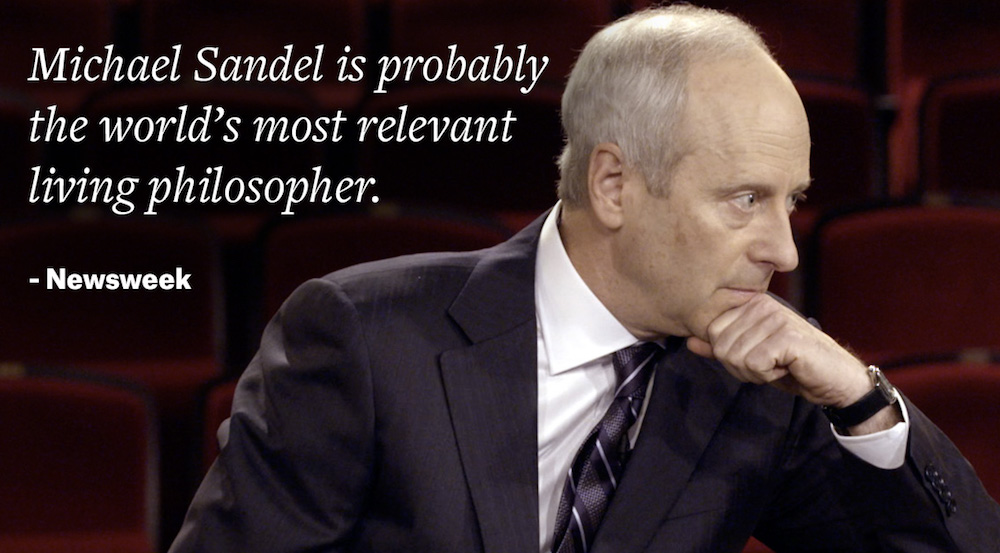
Sandel is a philosopher with the global profile of a rock star. He’s a Harvard professor who doesn’t just lecture in halls, but in stadiums.
Sandel is currently the most effective communicator of ideas in English.
The best Socratic dialogue since Socrates.
